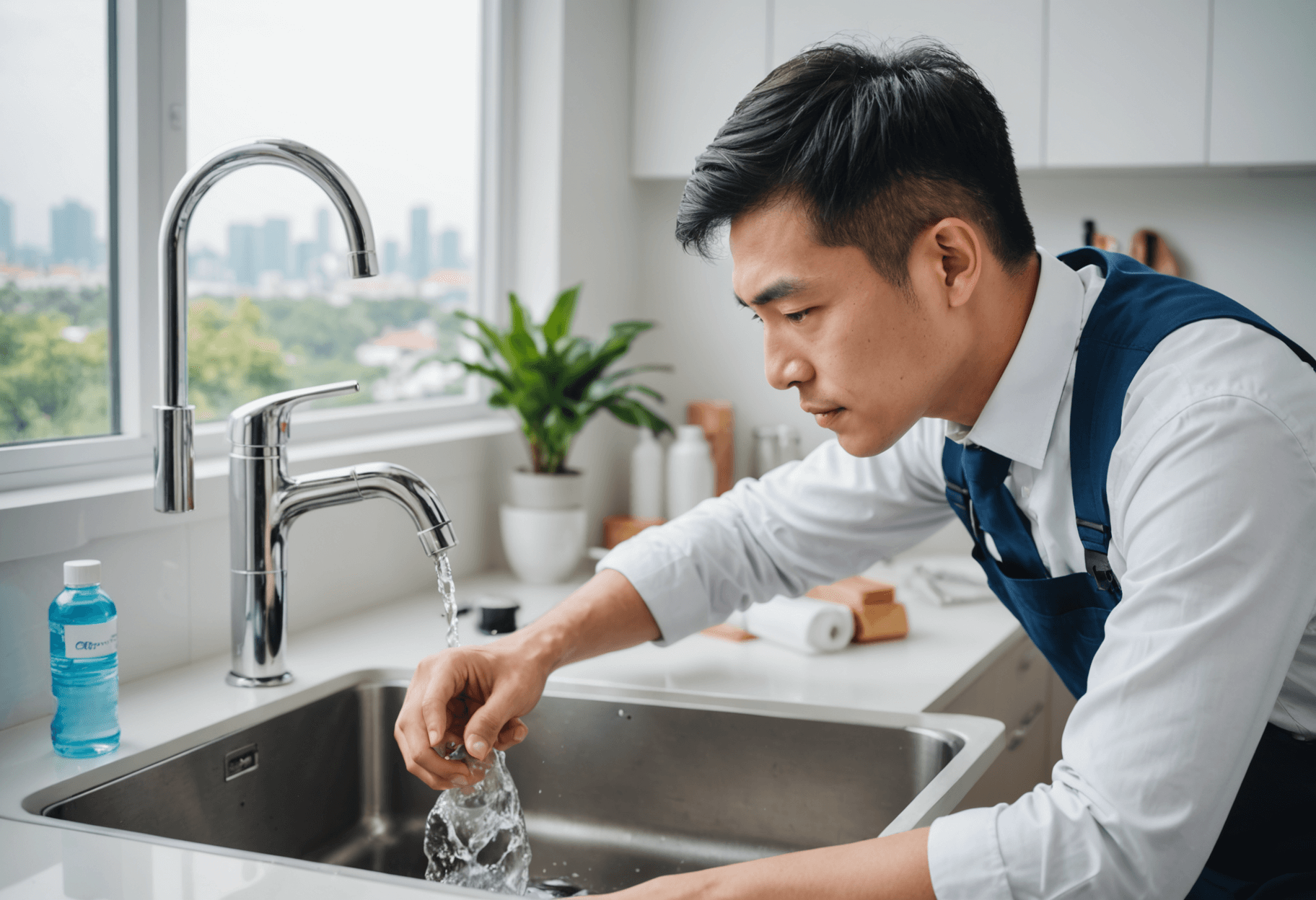How Singapore’s Water Regulations Affect Home Plumbing Choices
Singapore’s rapid urban development and limited natural freshwater resources make the country’s water management regulations a critical factor for homeowners. As residents seek reliable, safe, and regulation-compliant plumbing systems, understanding how local water rules influence choices becomes essential. Not only do these rules help conserve water and maintain water quality, but they also shape the types of fixtures, materials, and systems that homeowners can install or upgrade in their properties.
If you’re planning a home renovation, installing new plumbing, or simply want to ensure your current system aligns with Singapore’s standards, it’s important to know how regulations impact your decisions. Complying with rules not only helps avoid legal issues but also ensures your home remains efficient, safe, and environmentally friendly. In this article, we’ll explore how Singapore’s water regulations influence home plumbing choices, covering key regulations, approved fixtures, sustainable options, and practical tips to stay compliant.
Understanding Singapore’s Water Regulations
Overview of the Water Authority’s Role
The Public Utilities Board (PUB) manages Singapore’s water supply and enforces regulations to ensure water safety, conservation, and sustainable use. These regulations set standards for plumbing installations, fixtures, and materials to guarantee water quality and system safety. Compliance is mandatory for all homeowners, developers, and contractors.
Key Regulations That Affect Plumbing Installations
- Standards for Water Fixtures: All taps, toilets, and showerheads must meet specific flow rate and water-saving standards.
- Backflow Prevention: Regulations require devices to prevent contamination of the main water supply, especially for systems connected to recycled or non-potable water sources.
- Material Restrictions: Only approved materials that do not leach harmful substances into the water are permitted for use in plumbing systems.
- Water Efficiency Labeling: Fixtures must often bear labels indicating their efficiency levels to promote water conservation efforts.
Failing to adhere to these standards can result in penalties, system failures, or health risks, making compliance an essential part of any plumbing project.
Impact of Regulations on Home Plumbing Fixtures
Water-Saving Fixtures and Devices
Singapore’s regulations promote the use of water-efficient fixtures, which reduce overall water consumption. When choosing taps, showerheads, and toilets, homeowners should opt for those tagged with the Water Efficiency Labelling Scheme (WELS) certification. These fixtures are designed to deliver optimal performance while conserving water, aligning with national sustainability goals.
For example, a WELS-rated toilet may use as little as 3 to 4 liters per flush, significantly less than older models that can use up to 13 liters. Such choices can lead to savings on water bills and contribute to the country’s conservation target of reducing per capita water use to 130 liters per day by 2030.
Impact on Material Selection and System Design
Materials must meet specific chemical and safety standards to be approved for plumbing systems. PVC, CPVC, PEX, and other materials are commonly used, but only those approved by PUB can be installed. The regulation also influences system design, including requirements for pipe insulation, accessibility, and connection types.
Engaging a knowledgeable Local plumber in Singapore ensures that your plumbing setup complies with the latest standards and uses approved fixtures and materials, providing peace of mind and reducing future maintenance issues.
Sustainable Water Management and Green Plumbing Options
Use of Recycled and Non-Potable Water
Singapore encourages the use of recycled water, known as NEWater, for non-potable applications like gardening, toilet flushing, and cooling systems. Regulations specify how non-potable water systems must be set up, including dedicated piping, labeling, and backflow prevention devices to prevent cross-contamination.
Incorporating Rainwater Harvesting in Home Plumbing
Rainwater harvesting systems are increasingly popular for their environmental benefits. Regulations guide the installation of storage tanks, filtration units, and connection points to ensure safety and compatibility with existing plumbing. Such systems can significantly reduce reliance on imported water and lower household utility bills.
Choosing Compliant Plumbing Materials and Fixtures
When selecting fixtures and piping materials, always verify compliance with PUB standards and look for certifications such as WELS or other relevant quality marks. Using non-approved materials can lead to failure, non-compliance penalties, and health risks. Working with certified suppliers and reputable contractors can streamline this process.
Practical Tips for Homeowners to Stay Compliant
- Consult Professionals: Always engage licensed and experienced plumbers familiar with Singapore’s water regulations.
- Verify Certifications: Check for WELS labels and other approvals on fixtures before purchasing.
- Plan for Water Efficiency: Incorporate eco-friendly fixtures and consider rainwater harvesting or greywater reuse.
- Regular Maintenance: Conduct routine checks to ensure systems remain compliant and leak-free, preventing contamination or water wastage.
- Stay Updated on Regulations: Water rules can evolve; subscribing to PUB updates or consulting your plumber regularly can ensure ongoing compliance.
Conclusion
Singapore’s water regulations play a vital role in shaping home plumbing choices, emphasizing water efficiency, safety, and sustainability. Understanding these rules helps homeowners make informed decisions about fixtures, materials, and system design, ensuring their homes remain compliant and environmentally friendly. Collaborating with qualified professionals, such as a Local plumber in Singapore, is an effective way to navigate complex regulations and avoid costly mistakes.
By prioritizing regulation compliance and eco-friendly options, homeowners can enjoy reliable plumbing systems that serve their needs while contributing to Singapore’s broader water conservation goals. Investing in compliant fixtures, proper system design, and ongoing maintenance not only safeguards health and safety but also results in tangible savings in water bills and future repairs. Embrace these standards as an opportunity to enhance your home’s functionality and sustainability, making your living space more comfortable and environmentally responsible.



